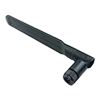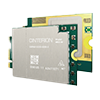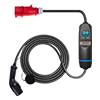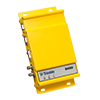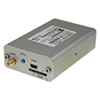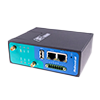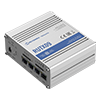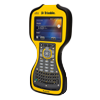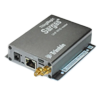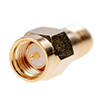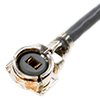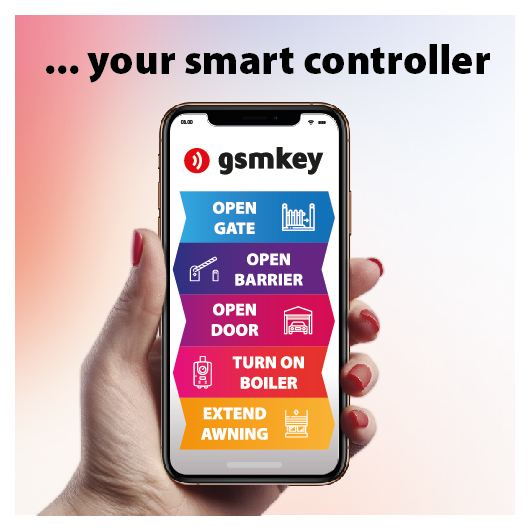RFID technology is experiencing unprecedented growth in the last years. This technology can be deployed anywhere where it is necessary to track objects, people or equipment. Whether it is production material, machinery, goods, warehouse or assembly trays, this technology offers simplification and acceleration of production, storage and logistics processes everywhere.
In addition, RFID tags in the form of bracelets can be used to identify visitors at sporting events, amusement parks or festivals, or as a keychains to lockers or for pet chipping and identification.
Tracked object is equipped with chip called Tag. Reading device than obtain information from this chip using antenna and sends the data to the central system or application for further processing.

How does this technology work?
The concept of RFID is very simple. Tag consists of antenna and RFID chip that carries small amount of data. By capturing the signal from the reader, the electricity is generated on the tag's antenna, which then charges the tag chip that sends information about its content back to the reader. Reader evaluates this information and further process it e.g. by sending it to the cloud application for further analysis or processing. Thus, dispatch department can receive information about the movement, expiration and description of goods in the real time. Connecting to a server or cloud application opens other ways to streamline your processes. More advanced active tags equipped with a rechargeable battery may also include sensors, indicators, or displays that are adapted to the environment and use.
RFID is already widely in use by stores for anti-theft protection. Clothes or other goods are equipped with RFID tag. When you leave the store, you go through a frame that has built-in antennas from the reader. As soon as the chip is detected, the reader evaluates if the item was paid for. If not, the reader automatically sounds the store alarm. However, these gates can be used in stores not only for the anti-theft protection but also as the automatic cash registers or warehouse monitoring. The RFID reader does not need direct visibility, so all the goods can be detected at the same time by driving the shopping cart through the reader gate. It saves time, speeds up the processes and thus raising the customer satisfaction.
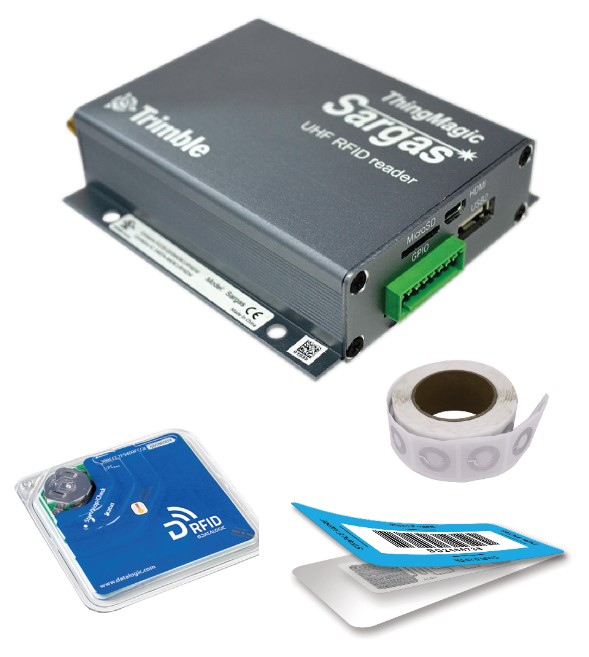
Modern concepts of RFID usage provide advantages not only in logistics centers or manufacturing plants, but also in the smaller scale applications such as hotels, restaurants or dry cleaners.
Thanks to RFID, processes in the selected fields can be automated using a sophisticated RFID solution that can retrieve and evaluate data from several hundred readers, process them and send data to displays or employees’ mobile devices.
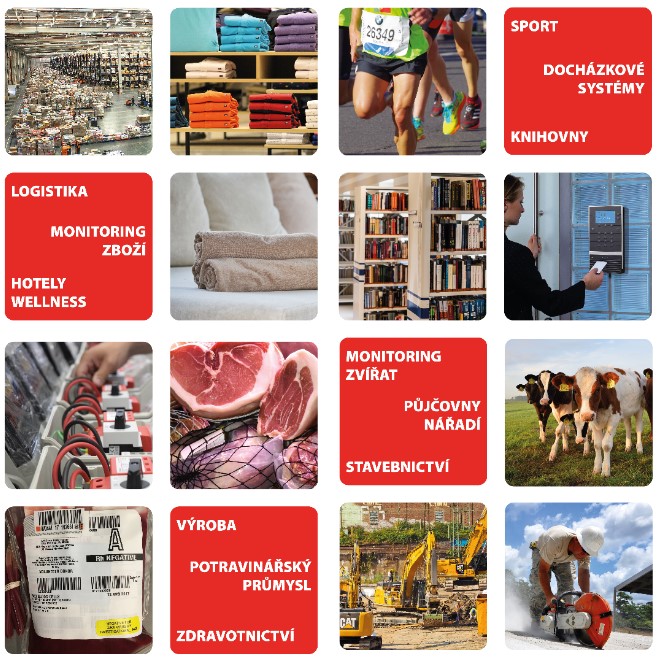
In practice: An employee receives a notification of new order picking composed of different products. The system knows where the products are stored in the warehouse. Using the employee current position, it calculates the most efficient path to all products stored on different shelves. For each rack, employees will specify the storage position to maintain the FIFO principle. Using the hand-held reader, the worker loads the goods and proceeds according to the itinerary.
Of course, RFID usage can be much wider and can be customized percustomer needs. For more information about RFID, please contact our wireless technology specialists in Ostrava.
